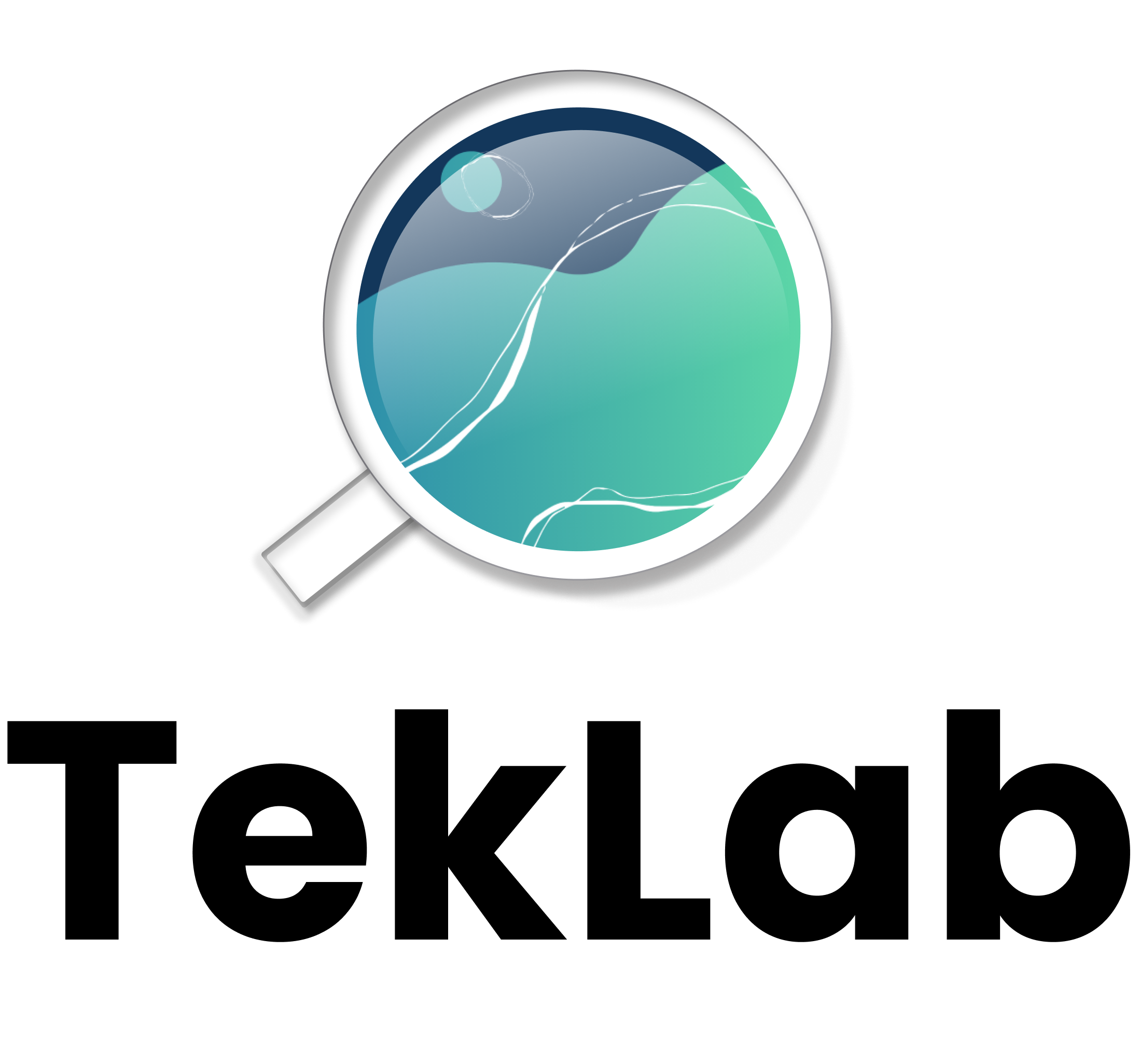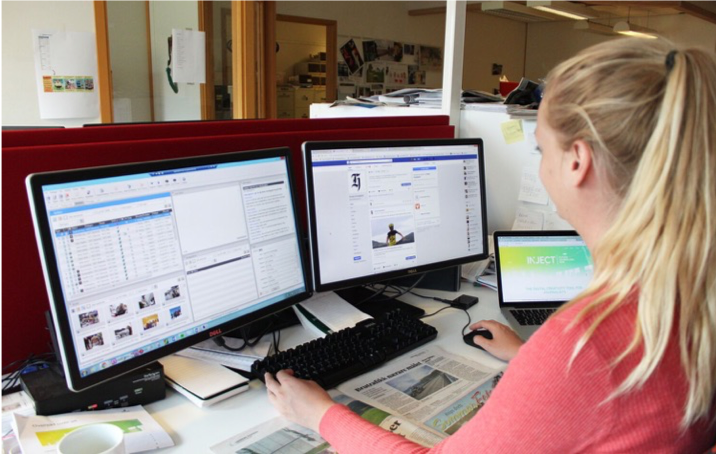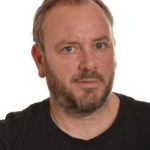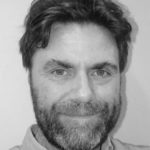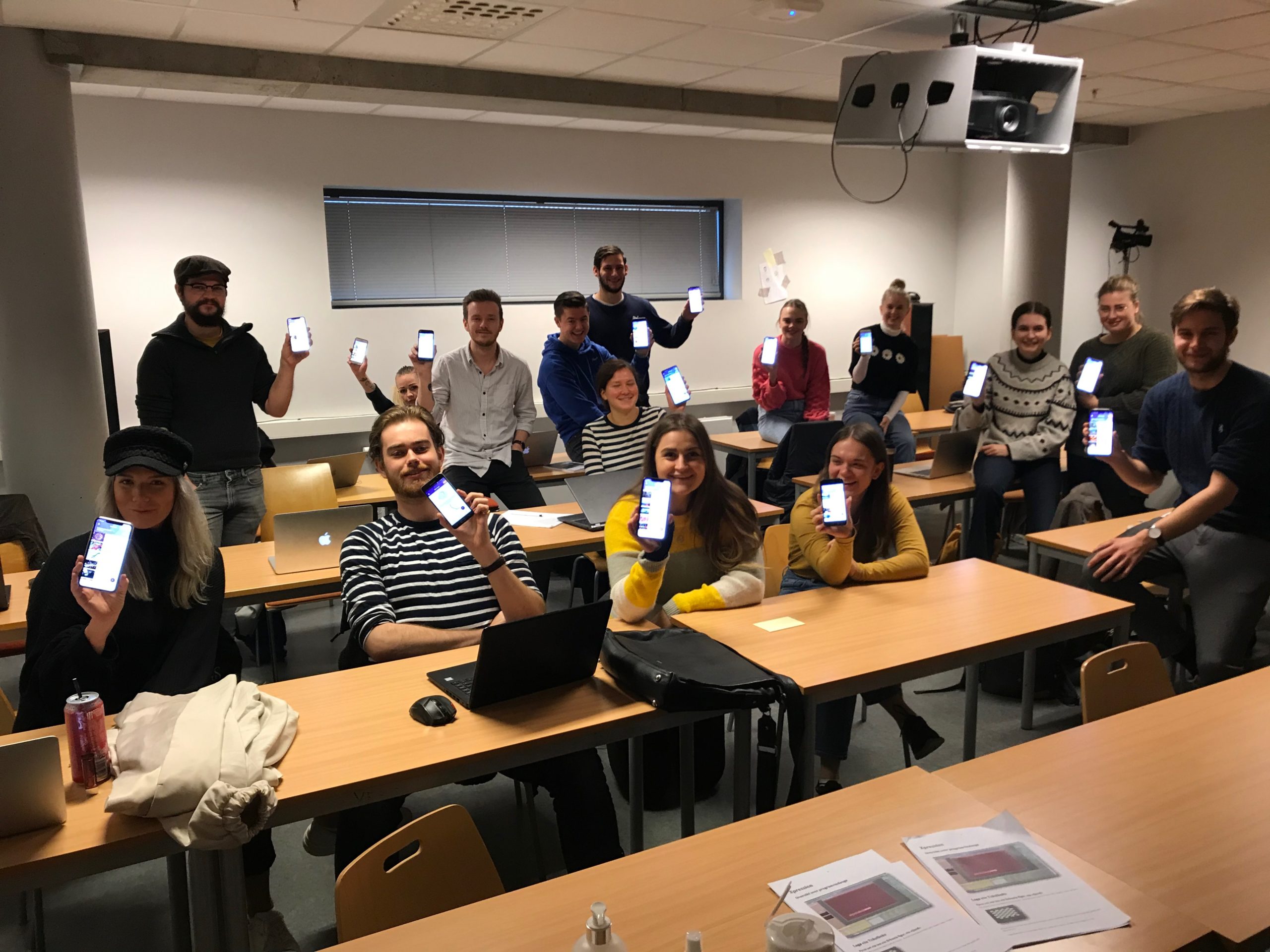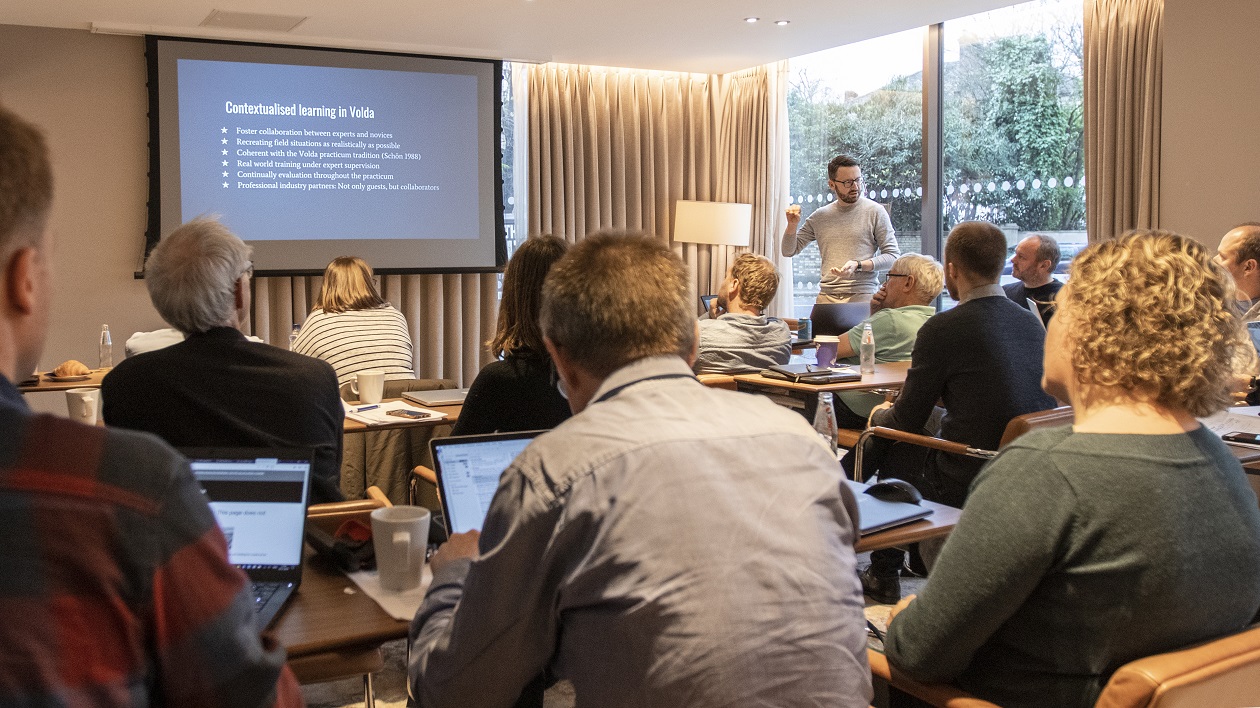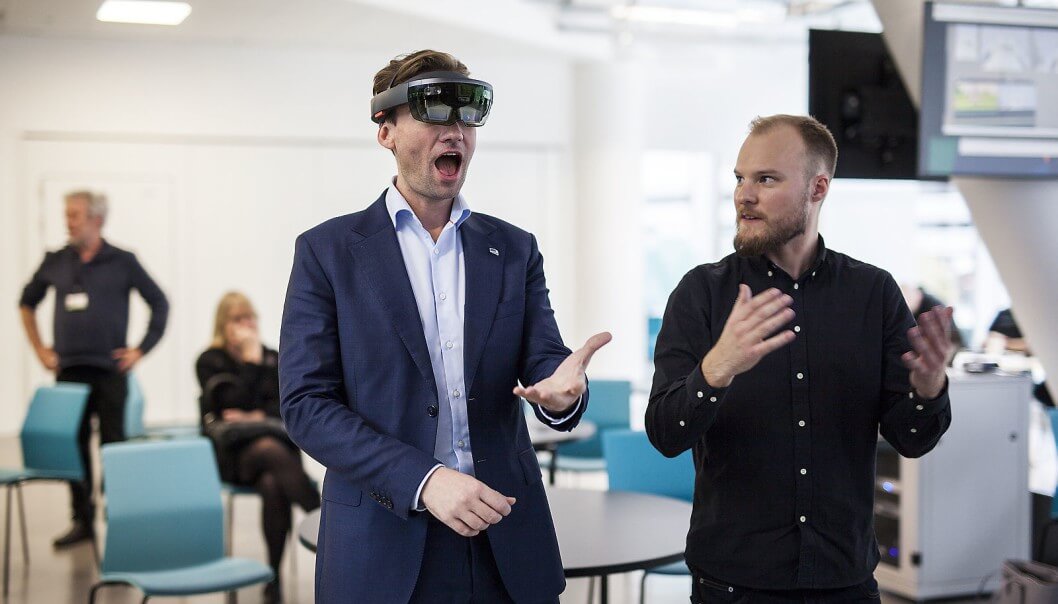During 2020 and 2021 we will set a research agenda for this emergent field and conceptualise the epistemological dimensions of what we call “augmented journalism”.
The workshops will facilitate a Nordic network of experienced and young scholars from Finland, Sweden, Norway, Denmark working in various disciplines.
Background
The workshop series is called “Augmented Journalism: Shaping News Work in the Age of Automated Journalism”, and it will take place during three seminars in Helsinki, Finland; Stockholm, Sweden and Bergen, Norway.
The application was submitted to NOS-HS in June 2019 and was granted funding in November of the same year. The applicants were Marielle Wijermars (main applicant), Finland/the Netherlands, Carl-Gustav Lindén, Sweden/Finland and Andreas Opdahl, Norway.
The abbreviation NOS-HS stands for the Joint Committee for Nordic research councils in the Humanities and Social Sciences (link: https://www.aka.fi/en/nos-hs/), and it is a cooperation between the research councils in Denmark, Finland, Iceland, Norway and Sweden. NOS-HS supports collaboration between Nordic researchers by funding Nordic exploratory workshops dealing with research in the humanities and social sciences.
The workshop series will have an online presence at the TekLab website (link: www.teklab.uib.no) hosted at the University of Bergen. TekLab is a network for academic network for technology development in media and communication affiliated with Media City Bergen.
Introducing the concept “augmented journalism”
Journalism researchers pay close attention to how cutting-edge technologies affect news work. Automation and Artificial Intelligence (AI) are seen as key triggers of journalism’s quantitative turn. Data-driven journalistic practices, together with practices of algorithmic and automated journalism, make it necessary for researchers to reconsider the roles and relations within human-machine communication.
Various terms have been proposed to describe journalism, in which computational techniques assist human beings in news reporting, including ‘automated’, ‘algorithmic’ or ‘meta journalism’. It is often suggested that data-driven journalism can contribute to a more informed and efficient society by enabling journalists to conduct deeper analysis (for example, to uncover corruption) and increase the transparency and public accountability of institutions. Among media actors, the statement that ‘robots’ will free up time for reporters to do the more interesting work is frequently repeated yet should be assessed critically. With a few exceptions, less is known about journalists’ perceptions of the novel ways of content production and distribution within data-driven journalism.
We argue that a new professional paradigm has emerged based on human-machine interaction. The paradigm, which we propose to term ‘augmented journalism’, requires a sustained and critical assessment of the reconfiguration of human and machine roles it brings about in news work. In developing this theoretical framework, we draw inspiration from the perceived dichotomy between augmented intelligence where humans are in charge, and artificial intelligence where cognitive functions are replaced by ‘smart’ machines.
Core questions for the workshops
Core questions that we will deal with are:What does it mean to be a human journalist in the era of augmented journalism? To what extent in what ways does the human part of journalism change due to active machine interaction and interference? What aspects of human work and creativity can and should be sustained and cultivated in an age where data processes occupy an increasingly central position? What are the values that shape the journalistic profession today and to what extent do they interlink with those of open-source culture?
Developing augmented journalism as a theoretical concept, we will create insights into three ‘augmentations’ of the profession. First, we ask what the societal impact of human-computer interaction is in regard to news work. Second, we are concerned with ethical professional challenges resulting from the new technological reality. Third, we seek to understand the values that shape and condition augmented journalism. In order to explore these areas, we operate at the intersection of journalism and communication studies and human-machine communication research.
The Nordic media industries are among the leading countries when it concerns the introduction of cutting-edge technologies to newsrooms and developing media-tech start-ups. The Nordics, therefore, are an ideal place for facilitating research on augmented journalism conducted in close relation with industry. At the same time, taking into account the model of the Nordic welfare state where open and transparent information flows and public accountability are central principles, the established research network will make a valuable contribution towards exploring national challenges arising from journalism’s quantitative turn in the context of Nordic media systems. Combined, these factors provide great potential for developing sustained collaborative research that aims towards high theoretical quality and empirical value, as well as to contribute to the socially responsible future development of augmented journalism.
Interdisciplinary agenda
The interdisciplinary research agenda of the workshops will allow us to overcome limitations within journalism studies and explore the broader ontological questions of data-driven journalism technologies and practices. The aforementioned questions cannot be fully understood without input from professionals involved in various aspects of augmented journalism, most notably journalists, software and machine learning engineers, media tech entrepreneurs. The Augmented Journalism workshops include such industry professionals among as permanent participants. Collaboration with industrial actors will help safeguard an empirical-driven design for the workshops and the consideration of important contextual particularities of augmented journalism as they occur in real newsrooms.
The workshops build upon ongoing research by its participants, e.g. the Tekes-funded “Immersive Automation” project; Horizon 2020 project Embeddia; Vinnova-funded projects related to journalism in the future, e.g. “Faktaassistenten”. Participants associated with Bergen Media City contribute insights from the ongoing project Newsangler and recently finished Horizon 2020 project INJECT, which developed editorial tools for journalists. Finally, a comparative angle will be facilitated by the Russia-oriented project “Sustainable Journalism for the Algorithmic Future”.
Workshop 1: “Exploring the state-of-the-art in research on data-driven journalism”
The first workshop will take place in Helsinki in the autumn of 2020. It will focus on mapping and categorizing the academic state-of-the-art in research, as well as exchanging views with professionals on data-driven journalism.
Day 1 starts with an in-depth discussion of a reading compendium on data-driven journalism, compiled and circulated in advance. Then, a roundtable with invited industrial actors provides concrete input for defining the most pressing questions from the perspective of practitioners.
Day 2 will be dedicated to participants’ presentations of their research on various aspects related to human-machine interaction within journalist work. Building upon this interdisciplinary discussion, the workshop concludes with a brainstorm to develop ideas for collaborative articles for the planned special issue.
Workshop 2: “Theoretical and methodological frameworks for studying human- machine interaction in journalism”
The second workshop will take place in Stockholm in the winter of 2021. Building upon the outcomes of Workshop 1, the second workshop focuses on developing a theoretical and methodological framework to study augmented journalism from the perspective of human-machine interaction. The aim is to go reinvigorate the debate, typically taking place with the context of e.g. journalism studies, by injecting findings, concepts and approaches from critical philosophy of technology and software engineering.
Similar to Workshop 1, Day 1 will be used to discuss selected readings from adjacent research fields. On Day 2, participants present the research they have conducted based on the ideas defined in the first workshop. We will outline key elements required for developing the concept of augmented journalism, as well as methodological approaches to study the phenomenon.
Workshop 3: “Towards augmented journalism as a theoretical and industrial concept”
The third workshop will take place in Bergen in the spring of 2021 and will be organised to overlap with the Nordic Media Days in Bergen. It brings together the different aspects and practices of augmented journalism discussed before and operationalises augmented journalism as an empirically-based theoretical concept.
The first day will be devoted to preparing the special issue to be submitted to a leading scholarly journal (aim: Digital Journalism). Draft articles are pre-circulated to allow for in-depth discussion and feedback. The second day will be dedicated to shaping grant applications and developing plans for sustained collaboration on augmented journalism.
Participants (in alphabetical order)
Tareq Al-Moslmi (Norway): Postdoctoral researcher, University of Bergen. Research interests: cross-domain sentiment analysis. Contribution: machine learning algorithms and sentiment analysis in journalism.
David Caswell (Great Britain), Executive product manager ofBBC News Lab.
Arjen van Dalen (Denmark): Professor, University of Southern Denmark. Research interests: algorithmic gatekeeping, journalistic role performance in transition.
Olga Dovbysh (Finland): Postdoctoral researcher, University of Helsinki. Research interests: journalism in the digital sphere, re-configuration of media markets due to technological shifts.
Lizaveta Dubinka-Hushcha (Denmark): Assistant lecturer, Copenhagen Business School . Research interests: securitisation of cyberspace, digital/social media and cyber challenges.
Malin Picha Edwardsson (Sweden): Senior lecturer, Södertörn University. Research interests: automated news gathering, blockchain technology and its implication in journalism. Contribution: what blockchain and other emerging technologies can offer to journalism
Marc Gallofré (Norway): PhD student, University of Bergen. Research interests: data science, software engineering, knowledge graphs
Astrid Gynnild (Norway): Professor, University of Bergen. Research interests: journalism and visual technologies, creativity and productivity in media work, media production studies.
Carl-Gustav Lindén (Sweden): University researcher, Södertörn University. Research interests: Media business models and augmented journalism, local media.
Marko Maas (Germany), media entrepreneur, co-founder and managing director of OpenDataCity.
Espen Reiss Mathiesen (Norway):
Michel Mesquita (Norway), PhD, technology developer for FutureSolutions
Lars Nyre (Norway): Professor, University of Bergen. Research interests: computerized journalism in Media City Bergen, critical philosophy of technology.
Andreas L. Opdahl (Norway): Professor, University of Bergen. Research interests: information systems, semantic technologies, knowledge graphs, ontologies, natural language analysis, machine learning, systems development, newsroom systems
Ola Stave (Norway), CEO of local newspaper Hallingdølen
Stefanie Sirén-Heikel (Finland): PhD student, University of Helsinki. Research interests: impact of algorithmic decision-making and automation on journalistic processes and newsroom management.
Hanna Tuulonen (Finland): PhD student, University of Helsinki. Research interests: news automation and automated storytelling.
Mariëlle Wijermars (Finland): University researcher, University of Helsinki. Research interests: Algorithmic governance, media regulation, freedom of expression.
